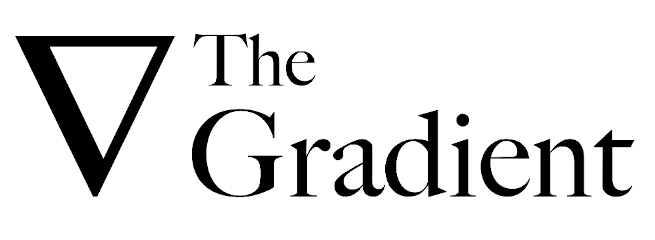In episode 18 of The Gradient Podcast, we talked to Upol Ehsan, an Explainable AI (XAI) researcher who combines his background in Philosophy and Human-Computer Interaction to address problems in XAI beyond just opening the "black-box" of AI. He is a Doctoral Candidate in the School of Interactive Computing at Georgia Tech and an affiliate at the Data & Society Research Institute. Putting the human first and focusing on how our values shape the use and abuse of technology, his work has coined the term Human-centered Explainable AI (a sub-field of XAI) and charted its visions.
You can find his Gradient article charting this vision here, and listen to our interview with a full transcript and listed sections right here:
Interactive Transcript | Transcript PDF | Interview on YouTube
Papers Discussed:
- Rationalization: A Neural Machine Translation Approach to Generating Natural Language Explanations
- Automated Rationale Generation: A Technique for Explainable AI and its Effects on Human Perceptions
- Human-centered Explainable AI: Towards a Reflective Sociotechnical Approach
- Expanding Explainability: Towards Social Transparency in AI systems
- The Who in Explainable AI: How AI Background Shapes Perceptions of AI Explanations
- Explainability Pitfalls: Beyond Dark Patterns in Explainable AI
Bio:
Upol Ehsan cares about people first, technology second. He is a doctoral candidate in the School of Interactive Computing at Georgia Tech and an affiliate at the Data & Society Research Institute. Combining his expertise in AI and background in Philosophy, his work in Explainable AI (XAI) aims to foster a future where anyone, regardless of their background, can use AI-powered technology with dignity.
Actively publishing in top peer-reviewed venues like CHI, his work has received multiple awards and been covered in major media outlets. Bridging industry and academia, he serves on multiple program committees in HCI and AI conferences (e.g., DIS, IUI, NeurIPS) and actively connects these communities (e.g, the widely attended HCXAI workshop at CHI). By promoting equity and ethics in AI, he wants to ensure stakeholders who aren’t at the table do not end up on the menu. Outside research, he is an advisor for Aalor Asha, an educational institute he started for underprivileged children subjected to child labor.
Twitter: @upolehsan
Subscribe to The Gradient Podcast: Apple Podcasts | Spotify | Pocket Casts | RSS
Follow The Gradient on Twitter





